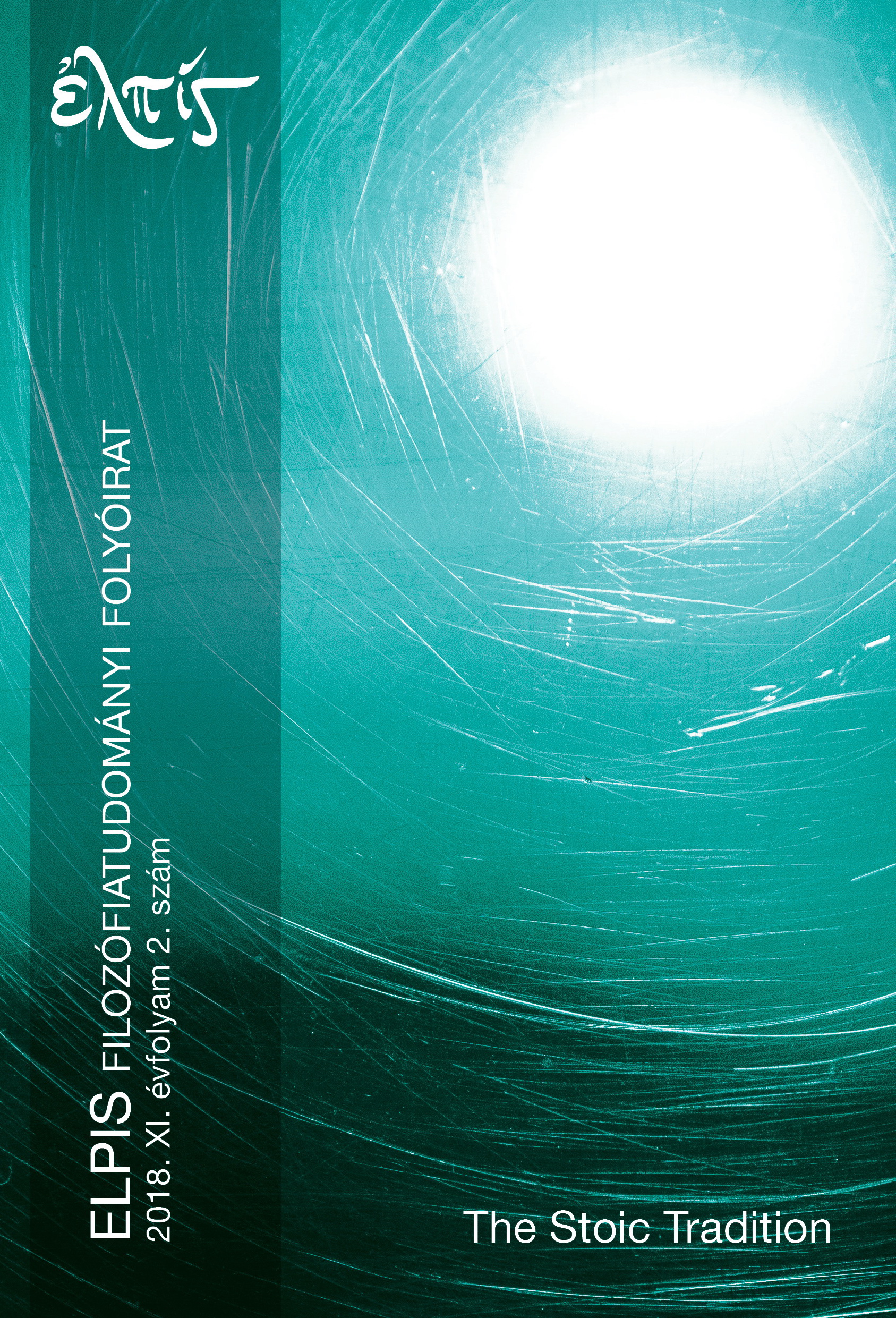Desire in Ennead IV. 3–4
DOI:
https://doi.org/10.54310/Elpis.2018.2.8Keywords:
Plotinus, Desire, SoulAbstract
In my paper I examine Plotinus’ theory of desire in his middle period, which can be found in the most elaborated way in Ennead IV. 3–4 . Plotinus describes the desire by the terms of sense-perception: while physical affection (pathos) belongs only to the body, the propositional activity (krisis), which is based on the former, belongs to the soul. In the first part of my paper I will analyse IV. 3. 28, which deals with the connection between the memory and desire. Keeping in mind Plotinus’ convictions about the impassibility of the soul, I will argue that here, instead of the disposition of the soul Plotinus speaks about that of the body which can be regarded as the part of affection in the process of desire. In the second chapter, I am going to examine IV. 4. 20-21 and demonstrate that Plotinus uses a triadic structure in the process of desire, parts of which are the so-qualified body, nature (physis) and the superior soul. In addition, I would also like to demonstrate that the Plotinian concept of nature goes beyond its original Aristotelian or Stoic framework.




